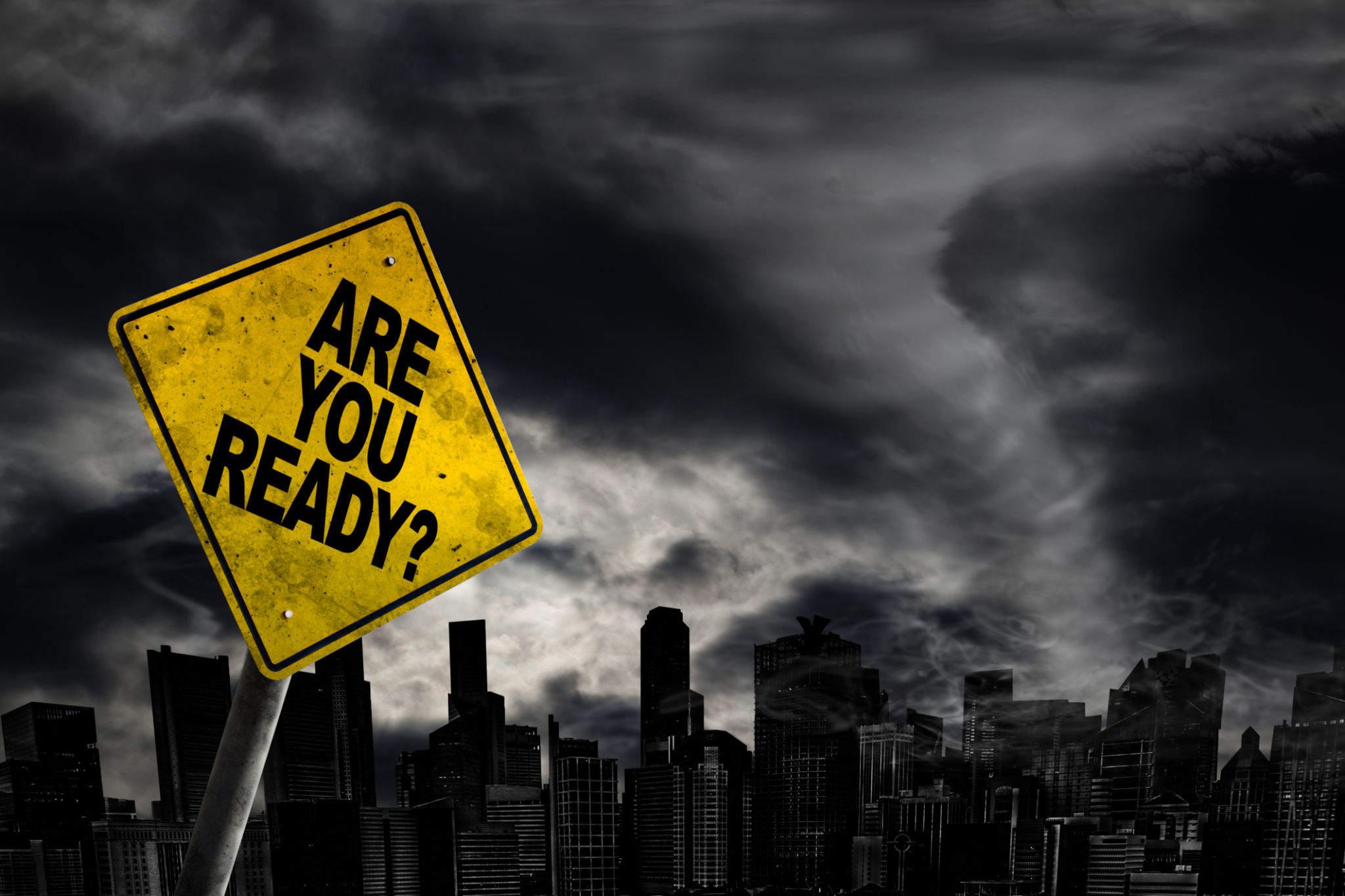Preparing for Hurricane Season: Energy Solutions and Disaster Supplies
Ki
Understanding Hurricane Season
Hurricane season can bring unpredictable weather patterns, posing challenges to those living in coastal and hurricane-prone areas. Preparing adequately can make a substantial difference in safety and comfort during these events. Understanding the typical timeline of hurricane season, which generally runs from June to November, is crucial for planning and preparedness.
The key to effective preparation is staying informed about potential storms and having a reliable plan in place. This involves monitoring weather updates from trusted sources such as the National Hurricane Center and local news outlets. Being proactive rather than reactive can significantly enhance your readiness.

Energy Solutions During Hurricanes
One of the most critical aspects of hurricane preparedness is ensuring a reliable energy solution. Power outages are common during hurricanes, so having a backup power source is essential. Generators are a popular choice, providing necessary electricity to keep essential appliances running.
Solar power systems with battery storage are also becoming an increasingly popular solution. These systems can offer continuous power supply even when the grid is down. Additionally, investing in energy-efficient appliances can reduce the overall energy demand, making it easier to manage power during an outage.
Choosing the Right Generator
When selecting a generator, consider factors such as fuel type, power output, and portability. Gas-powered generators are widespread but require safe fuel storage. In contrast, propane generators offer cleaner energy and longer shelf life for fuel. Always ensure proper ventilation when using generators to avoid carbon monoxide poisoning.

Essential Disaster Supplies
In addition to energy solutions, assembling a comprehensive disaster supply kit is vital. This kit should contain non-perishable food items, water supplies, and first aid essentials. Aim for at least a three-day supply to cover the initial period after a hurricane hits.
- Food: Stock up on canned goods, dried fruits, nuts, and other long-lasting foods.
- Water: Plan for at least one gallon per person per day.
- First Aid Kit: Include bandages, antiseptics, medications, and personal hygiene items.
Safety and Communication Tools
Communication is crucial during emergencies. Ensure you have a battery-powered or hand-crank radio to receive updates in case of power loss. A fully charged mobile phone with backup batteries or a solar charger is also essential for staying connected with family and emergency services.

Home Safety Measures
Preparing your home for a hurricane involves securing windows and doors, reinforcing garage doors, and removing outdoor items that could become projectiles. Shutters or plywood can protect windows from high-speed winds and flying debris.
Additionally, trimming trees and bushes around your home reduces the risk of broken branches causing damage. Inspect your roof for loose shingles and secure them as needed to prevent leaks and further damage during heavy rains.
Insurance and Documentation
Review your homeowner's insurance policy to ensure adequate coverage against hurricane damage. Keep important documents like insurance papers, identification, and medical records in a waterproof container or digital format accessible from anywhere.

Post-Hurricane Recovery
After a hurricane passes, safety remains a priority. Avoid downed power lines and flooded areas as they pose significant risks. Use caution when returning home and check for structural damage before entering.
Document any damage with photos for insurance claims and start cleaning up debris with appropriate protective gear. Stay informed about local services' availability to aid in recovery efforts and community support initiatives.
By proactively preparing for hurricane season with energy solutions and disaster supplies, you can safeguard your home and family against the unpredictability of nature's forces.